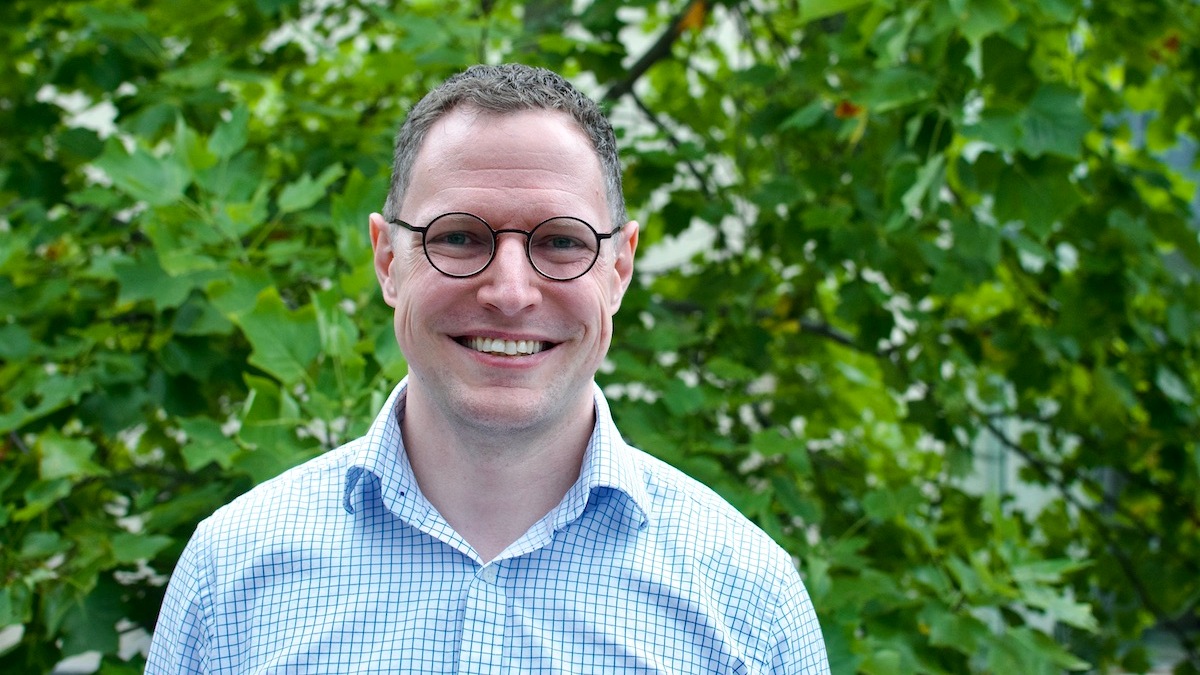IRB Cookie Policy
Privatnost korisnika
Web stranica irb.hr na vaše računalo sprema kolačiće kako bi potpuno ispravno radila i pružala bolje korisničko iskustvo.
Korištenjem web stranice pristajete na uporabu kolačića.
Blokiranjem kolačića i dalje možete pregledavati web stranicu, ali neke njezine mogućnosti vam neće biti dostupne.
Što je kolačić?
Kolačić je informacija spremljena na vaše računalo od strane web stranice koju posjetite.
Kolačići obično spremaju vaše postavke i postavke za web stranicu kao što su preferirani jezik ili adresa. Kasnije, kada opet otvorite istu web stranicu internetski preglednik šalje natrag kolačiće koji pripadaju toj stranici. To omogućava web stranici da prikaže informacije prilagođene vašim potrebama.
Kolačići mogu spremati širok raspon informacija uključujući osobne identifikacijske informacije (kao što su vaše ime, kućna adresa, e-mail adresa ili broj telefona). Te informacije mogu biti spremljene jedino ako vi to omogućite. Web stranice ne mogu dobiti pristup informacijama koje im vi niste dali i ne mogu pristupiti drugim datotekama na vašem računalu.
Aktivnosti spremanja i slanja kolačića vama nisu vidljive.
Svaki internetski preglednik omogućava vam da podesite način korištenja kolačića (odobravanje, odbijanje, vrijeme i način brisanja i sl.)
Vrste kolačića
Privremeni kolačići
Privremeni kolačići (kolačići sesije) uklanjaju se s računala po zatvaranju internetskog preglednika.
Pomoću njih web stranice pohranjuju privremene podatke npr. stavke u košarici za kupnju.
Stalni kolačići
Stalni ili spremljeni kolačići ostaju na računalu nakon zatvaranja programa internetskog preglednika.
Pomoću njih web stranice pohranjuju podatke kao što su npr. ime za prijavu i lozinka, tako da se ne morate prijavljivati prilikom svakog posjeta određenom mjestu. Stalni kolačići ostat će na računalu danima, mjesecima, čak i godinama.
Kolačići od prve strane
Kolačići od prve strane dolaze s web stranice koju gledate, a mogu biti stalni ili privremeni.
Pomoću tih kolačića web stranica može pohraniti podatke koje će ponovo koristiti prilikom sljedećeg posjeta.
Kolačići treće strane
Kolačići treće strane dolaze s drugih web stranica npr. putem banner reklama koje se nalaze na web stranici mjestu koje gledate.
Pomoću tih kolačića web stranice mogu pratiti korištenje interneta u marketinške svrhe.
Kako onemogućiti kolačiće?
Upute za podešavanje postavki kolačića u vašem internetskog pregledniku možete pronaći na web stranicama za podršku određenog internetskog preglednika.
npr. Google Chrome - https://support.google.com/chrome/answer/95647?hl=en-GB&p=cpn_cookies
Da li IRB koristi kolačiće?
Da, zbog ispravnog rada i pružanja boljeg korisničkog iskustva.
Kakve kolačiće koristi IRB i zašto?
Irb.hr koristi privremene i trajne kolačiće zbog pristupa sadržaju, prijave na sustav i potpuno ispravnog funkcioniranja web stranica.
Da li na web stranici ima kolačića treće strane?
IRB koristi Google Analytics i Microsoft Clarity za mjerenje posjećenosti.
Ako želite onemogućiti da vam Google Analytics sprema kolačiće, možete to učiniti na linku: https://tools.google.com/dlpage/gaoptout
Više informacija o kolačićima
http://en.wikipedia.org/wiki/HTTP_cookie
http://eur-lex.europa.eu/LexUriServ/LexUriServ.do?uri=CELEX:32002L0058:EN:NOT


